If there is no corruption, there would be no politicians
By Thalif Deen
UNITED NATIONS— A hilarious anecdote, recounted in the New York Times years ago, related to the widespread corruption embedded in the political culture of a Southeast Asian country where crooked politicians had no compunction providing a receipt every time they received a bribe—big time bribes.
And in Africa, the late Mobutu Sese Seko, president of former Zaire (now Democratic Republic of the Congo), was often described as one of “the world's most corrupt leaders”.
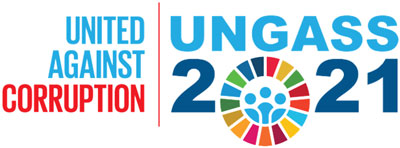
Asked at a news conference whether he was the world’s second wealthiest political leader, a seemingly outraged Mobutu shouted back: "It's a lie. It's a lie," and then added with a straight face, "I am only the fourth richest."
In an October 1991 report, the Washington Post quoted Mobutu as laying down one of the basic principles of corruption: "If you want to steal, steal a little cleverly, in a nice way. Only if you steal so much as to become rich overnight, you will be caught."
A former UN Secretary-General, the outspoken Kofi Annan of Ghana, once said that "billions of dollars of public funds continue to be stashed away by some African leaders -- even while roads are crumbling, health systems are failing, school children have neither books nor desks nor teachers, and phones do not work."
The degree of corruption– both in the developing and the industrialised world—is so vast, particularly among politicians and heads of government, that a cynic might be right in declaring: If there is no corruption, there would be no politicians.
In the industrialised world, bribery is euphemistically called “kickbacks”, mostly on multi-million-dollar deals, largely for commercial aircraft and weapons systems.
In a televised debate on the New York city Mayoral elections last week, one candidate publicly reminded one of his rivals of multiple corruption charges he had once faced. “We all know that you’ve been investigated for corruption everywhere you’ve gone--- in a trifecta of corruption investigations. Is that what we really want in the next Mayor?”
So, when the UN General Assembly held a three-day Special Session against corruption last week (June 2-4) — over 125 were listed as speakers, including several world leaders — one of the questions at the media briefing was ironic but timely.
Asked what General Assembly President VolkanBozkir (of Turkey) hoped to achieve when “so many Heads of State who talked this morning are corrupt”, his spokesperson, Brenden Varma told reporters the President’s goal was always to create a forum where member states could come together — to discuss topics that mattered to the world and share with each other ideas, best practices and lessons learned”.
His ultimate aim during this special session, the spokesperson said, was to move forward in the global fight against corruption and see progress in that regard.
But history has shown it’s a long-drawn-out fight with no end in sight.
Meanwhile, UN Secretary General Antonio Guterres welcomed the creation of the Global Operational Network of Anti-Corruption Law Enforcement Authorities — or GlobE Network — as a step in the right direction. He said the Network will enable law enforcement authorities to navigate legal processes through informal cooperation across borders, helping to build trust and bring those guilty of corruption to justice.
Addressing delegates, Pakistan’s Ambassador MunirAkram, President of the UN’s Economic and Social Council (ECOSOC), said corruption, which leads to massive outflows of illicit finance, is among the main reasons for the economic underperformance of developing countries and for rising inequalities across the world.
Stressing that corruption stifles opportunities for the poor, while condemning them to a life of misery and inequity, he said an estimated $2.6 trillion — or 5 percent of global gross domestic product (GDP) — is lost annually to such behaviour. Developing countries lose $1.26 trillion — nine times all official development assistance (ODA).
US Ambassador Linda Thomas-Greenfield told delegates the administration of President Joe Biden is committed to taking special aim at corruption.
And that starts with building on the U.S. government’s existing anti-corruption tools, obligations, and commitments, including steps to vigorously enforce the Foreign Corrupt Practices Act, which strengthens business environments around the world by prohibiting U.S. persons from bribing foreign officials. It also means strengthening the U.S. Department of Justice’s Kleptocracy Asset Recovery Initiative, she said.
Since 2019 alone, U.S. asset recovery efforts have led to the transfer of more than $1.5 billion to countries harmed by corruption, she added.
Meanwhile, in a joint statement released last week the G7 ministers (of Canada, France, Germany, Italy, Japan, the UK, US, and the High Representative of the European Union), said they recognise that corruption is a pressing global challenge.
As the UN Convention against Corruption notes, corruption threatens the stability and security of societies, undermining the institutions and values of democracy, ethical values and justice, and jeopardising sustainable development and the rule of law.
The ministers said corruption presents serious threats for individuals and societies and often enables other forms of crime, including organised crime and economic crime, such as money laundering. These threats have been heightened by COVID-19.
“As the world continues to recover, it is critical that we do not let corruption threaten our efforts to build back better and address global challenges especially the achievement of the 2030 Sustainable Development Goals”.
“We are looking forward to the G7 ministerial meeting in September this year, where there will be a discussion on our joint efforts to address corruption”, the ministers declared.
(This article contains extracts from a newly-released book on the United Nations titled “No Comment – and Don’t Quote Me on That.” Authored by Thalif Deen, Senior Editor, Inter Press Service (IPS) news agency, the book is peppered with scores of anecdotes– from the serious to the hilarious– and is available on Amazon worldwide and at Vijitha Yapa bookshops in Sri Lanka. The links follow: https://www.rodericgrigson.com/no-comment-by-thalif-deen/https://www.vijithayapa.com/)
.
-
Still No Comments Posted.



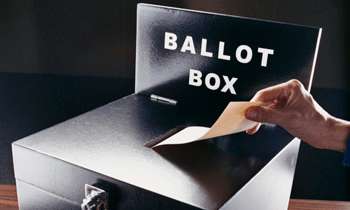
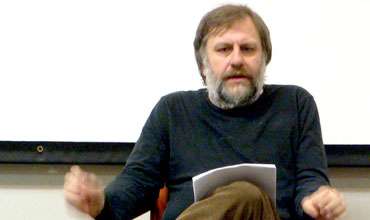
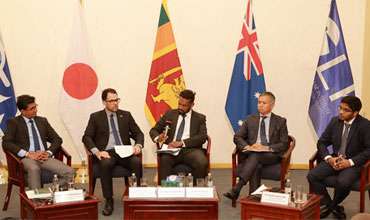
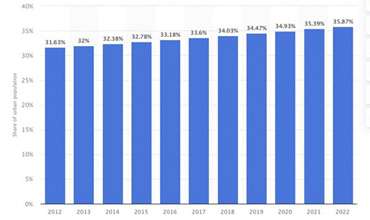
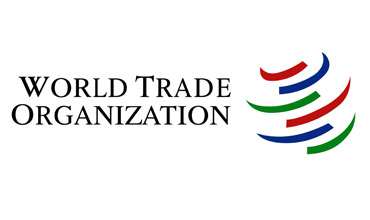
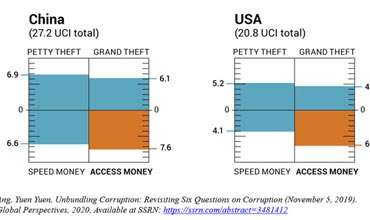
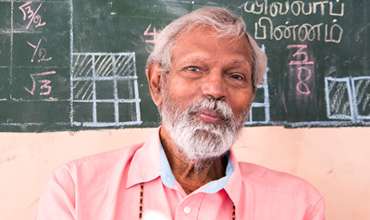
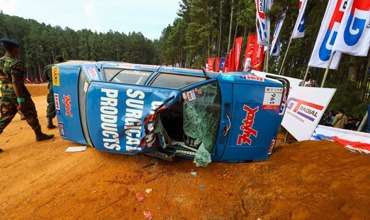
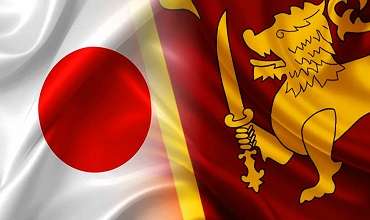
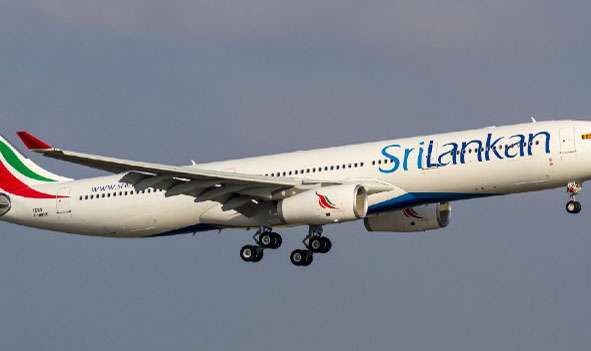
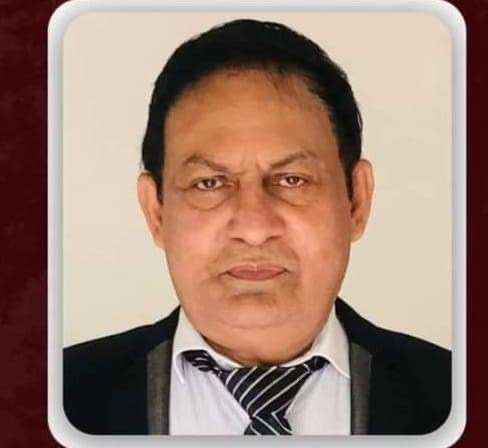
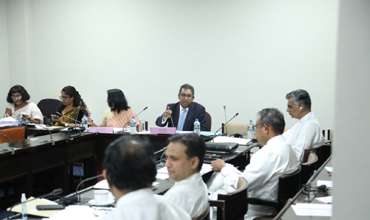
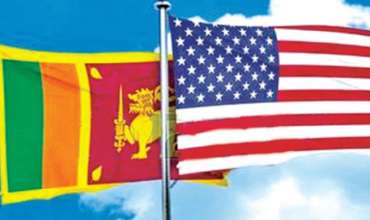
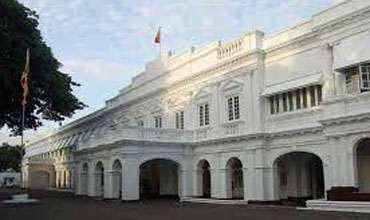
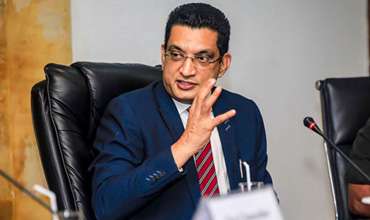
Leave Comments